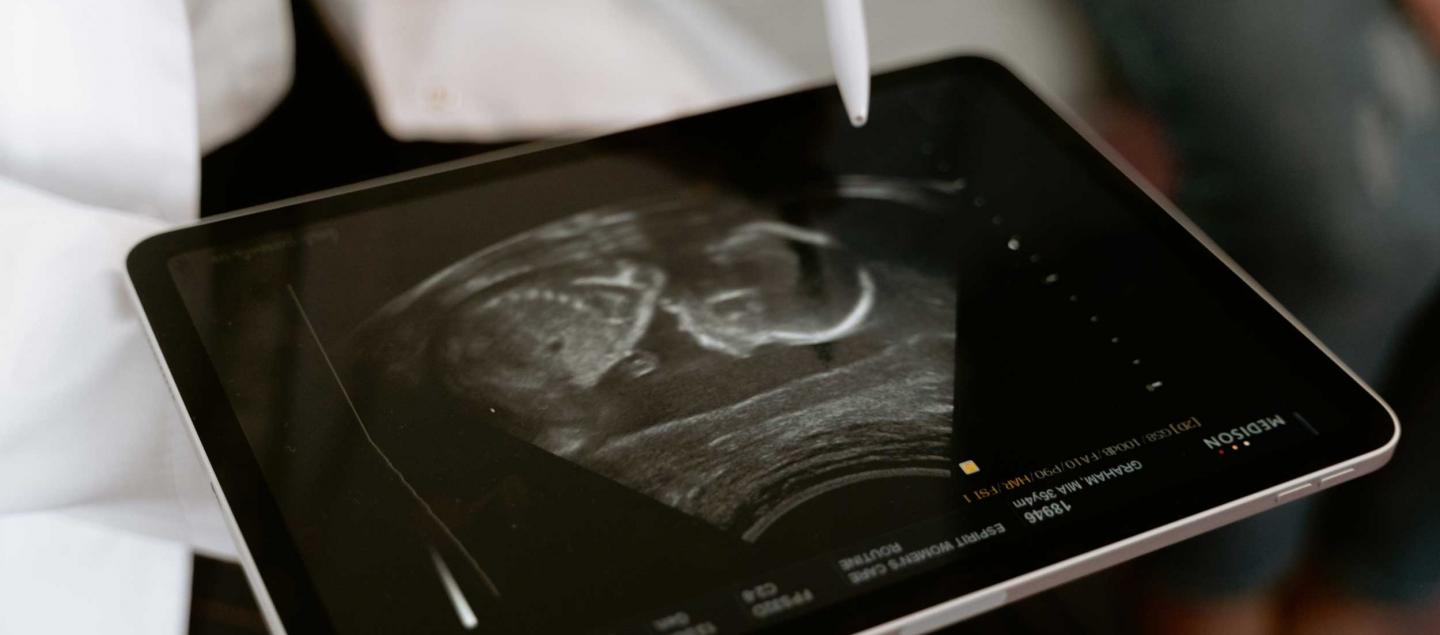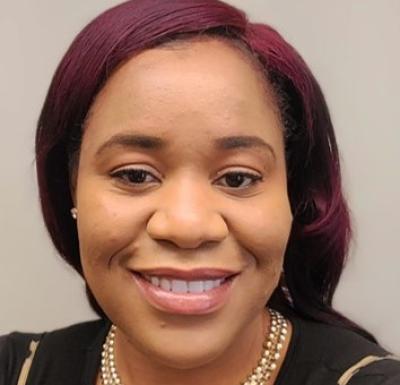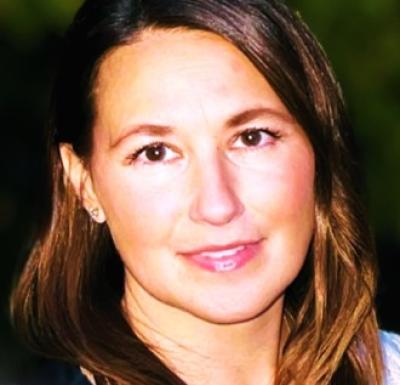Increase Access to Quality Health Care Working Group
Improving gaps in access to care for moms, babies and families.


To curb the rising rates of maternal morbidity and death and poor infant health outcomes, birthing people must have access to high-quality health care throughout their lives.
This working group advances solutions to address the shortage of maternity care providers and facilities, issues tied to health care insurance coverage and affordability, provider bias and access to culturally congruent care, and overall gaps in quality of health care.
They will take actions that include:
- Advocating for policies to increase equitable access to risk appropriate birthing options
- Supporting programs that aim to increase racial diversity in the health care workforce
- Identifying and developing best practices for implicit bias and stigma training for providers and support staff, while also supporting organizations as they examine and alter their own policies and structures that inadvertently perpetuate inequitable care
WORKING GROUP CO-CHAIRS

Co-Chair: Susan Kendig, JD, WHNP-BC, FAANP
Women’s Health Integration Specialist, SSM Health Maternal Services, St. Louis, MO, and Director of Policy for the National Association of Nurse Practitioners in Women’s Health (NPWH).

Tana-kae Lewis, RN, MSN
Alabama Department of Public Health

Elizabeth Lanter, LCSW
Independent Consultant and Clinician
WORKING GROUP MEMBERS
This working group is comprised of over 40 individual and organizational partners, including:
News & Resources
Together with collaborative partners Harmonious Birthing, Paradigm Doulas, Push Birth Partners, Sanyika the Doula, and Vibrationz of Soul, the March of Dimes Collective Impact Initiative in Greater Houston is pleased to provide community-based doula training. The initiative works for all women in greater Houston to attain optimal health in all phases of life, including healthy birth outcomes. Learn more.


The Mom and Baby Action Network is excited to announce that registration is now open for our National Summit, "Igniting Impact Together: Birthing Equitable Communities," being held in Atlanta, GA (and virtually) October 24-25, 2022.
Take advantage of our Early Bird registration pricing and secure your spot!
In-Person Early Bird (Ends 7/17/22) $525
In-Person Regular Registration Rate (Ends 8/31/22) $625
In-Person Late Registration Rate (Ends 9/16/22) $675
Virtual Only Registration Rate (Open now thru 10/23/22) $150
In Person attendance will include exclusive workshops, offsite learning opportunities, networking reception, and more!
*March of Dimes is committed to providing a safe and healthy environment for in-person Summit participants.
We will review local Covid-19 data and policies, to ensure we update and communicate meeting safety protocols as we get closer to the event date.*

Pagination

GET INVOLVED
Every family can have the best possible start. But today, too many moms and babies are dying or experiencing serious health complications related to childbirth—and far too many are moms and babies of color. Only by working together can we confront inequities and ensure the health and wellbeing of every family.
